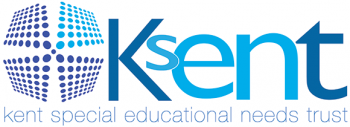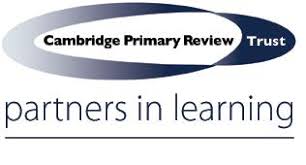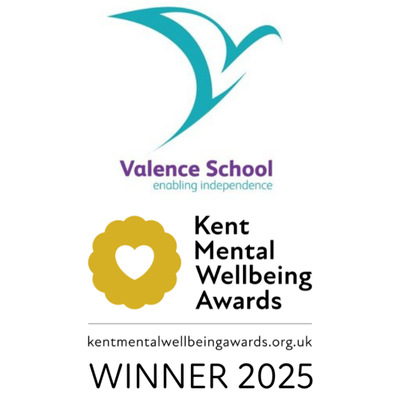English
English
What is our curriculum intent?
Reading, writing, speaking, and listening are key to communicating in the complex world around us. English lessons at Valence intend to help students to become independent communicators, readers, and writers, who can express themselves functionally and confidently. We intend to inspire a love of literature and promote reading for pleasure, and the daily ERIC sessions help students to improve their reading and comprehension. English Language and English Literature is explored practically, dramatically, and creatively, in a way that is accessible to all students. It is our ambition for all students to achieve an accredited outcome that reflects their ability and efforts in English.
How does the delivery of our curriculum differ between the pathways?
Primary students at Valence follow the Read, Write, Inc (RWI) programme for Phonics, with daily practise sessions in homogenous groups, some of which cross between pathways. Where appropriate in our younger Key Stage 3 classes, students follow Fresh Start Phonics to boost core reading skills. This scheme is also accessed by some older pupils as a reading intervention.
Students in the Keller pathway follow the letter of the day scheme from the Comprehensive Literacy Programme and can access adapted phonics if appropriate.
In the Simmonds pathway, we adopt a semi-formal approach, and secondary students have the opportunity to obtain pre-Entry Level and Entry Level qualifications from Key Stage 4. These take the form of AQA Unit Award Schemes and WJEC Entry Pathways Additional English. In order for students in the Simmonds pathway to develop their skills in communication, reading, and writing, lessons involve lots of discussion through coursework and role play, which enables the students to express themselves.
The approach in the Hawking pathway is formal and students follow the National Curriculum from Key Stage 3. We aspire for most of our Key Stage 4 students to sit GCSE examinations in English Language and Literature, but students are also able to complete the Entry Level if that is more appropriate for them. These qualifications will enhance students’ chances of further education or work.
Do our students have access to extra-curricular opportunities?
Opportunities to enrich learning through educational trips is frequently looked into, this includes theatre trips to consolidate students’ learning on GCSE texts and contextualise their learning. For example, students visit The Globe Theatre, to assist their Entry Level coursework, and they participate in the Shakespeare Schools Festival. This allows students to experience performing live in front of an audience, or they have the chance to take part in the music and lighting elements of theatre. The Festival promotes a love and understanding of Shakespeare.






